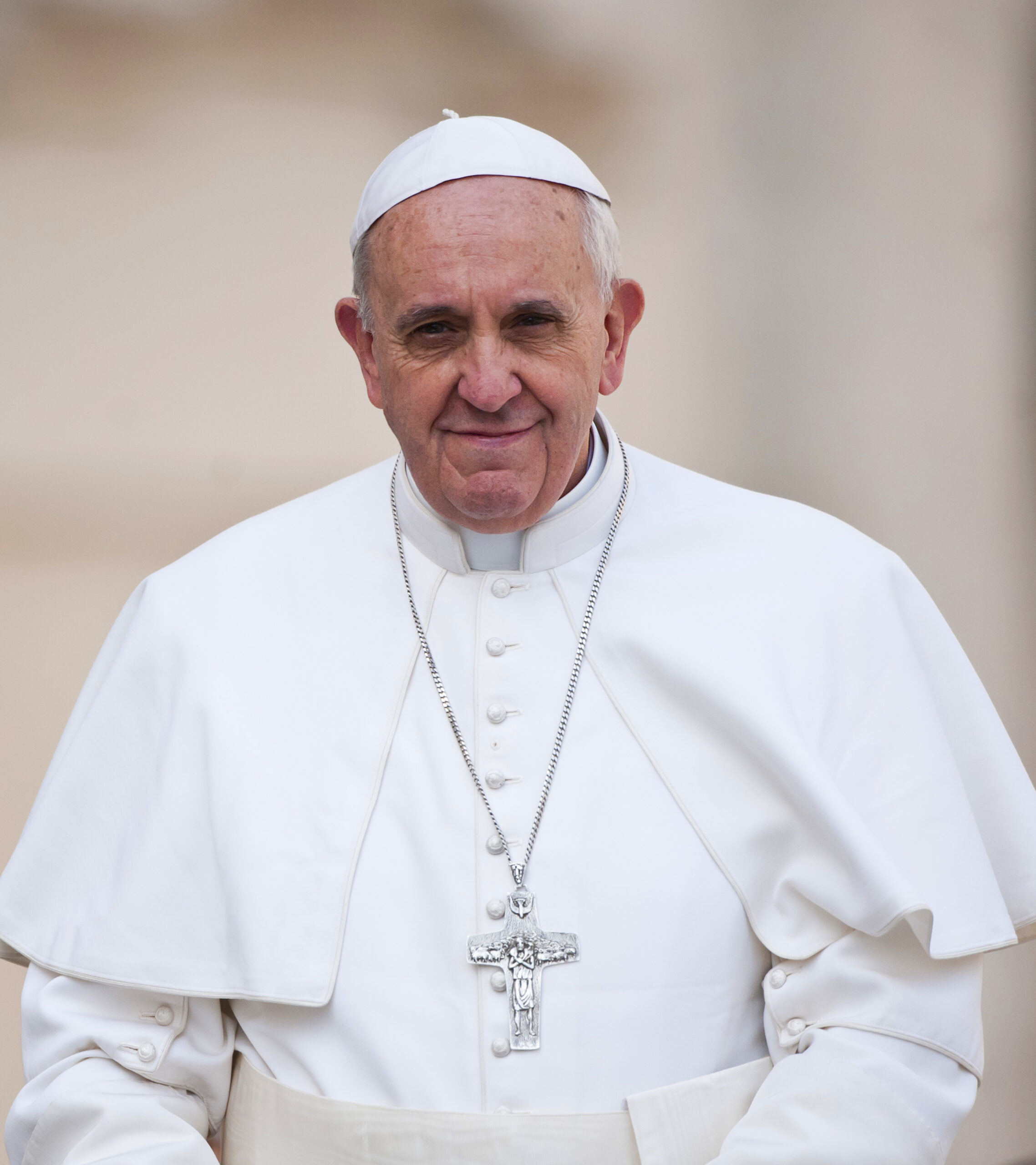
Last week, the Pope made comments claiming that couples choosing to remain childless or to only have one child were acting selfishly in the face of the number of orphans in the world. He also stated that choosing not to have children diminishes the humanity of couples. These comments were met with condemnation in the public sphere. Although the Pope is right to be concerned about the possible implications of a declining birth rate and the tragic number of orphans throughout the world, placing blame on those who choose not to be parents is a shameful act.
Simply put, couples and individuals who don’t want children shouldn’t have children. Being a parent is even more than a full-time job, and it’s not something one should take on unless they’re willing to give everything they have and more to it. No one should have and raise a child when they don’t feel capable or want to. Parents that regret becoming parents have been found to have lower-quality mental health, a higher chance of parental burnout and parental identity crisis as well as financial problems. These negative effects are strong indicators that being a parent is something that requires mental and financial preparedness, and it does no one any good to have children without these prerequisites.
Despite the gross overreach of the Pope’s comments, his concerns about declining global birth rates are not entirely unfounded. Younger generations are shedding light on this issue as they face the inevitable destructive effects of climate change and the difficult state of the economy. For instance, almost 40% of respondents to a survey conducted by Morning Consult for the New York Times said that couples who choose not to have children did so because there isn’t enough paid family leave. In the same survey, 64% of young adults cite the high costs of child care as a reason for not having children. A quarter of adults without children claim that climate change is a reason that at least somewhat affects their decision to become parents or not. Young adults are beginning to seriously consider that the impending problems they and their potential children may face are a viable reason not to procreate.
It should also be noted that, sometimes, people just don’t want to have children, and that is a perfectly acceptable decision. People shouldn’t need a good reason for not being parents. They should need a good answer for why they feel they are capable of being good parents.
A major societal shift that has contributed to declining birth rates is the growing opportunities for women in the workforce and the world. The burden of childcare has historically been deferred to the mother in the traditional, heterosexual household. With women being allowed to grow and take on responsibility in the workplace, more women are choosing not to take on the full time job of being a mother. This choice does not diminish anyone’s humanity, and it is not the Pope’s place to comment on whether or not someone chooses to prioritize their work in the domestic sphere of their lives or not.
The rhetoric the Pope is utilizing is the soundtrack of exclusion and oppression that has been echoed into the lives of women for centuries. Over and over again, women have been told their greatest and only valuable contribution to society is their children. The idea that a child was all a woman needed for personal fulfillment, and if she needed more fulfillment, there was something inherently wrong with her, which is an idea that has endured for far too long. If the end of preconception and the end of denying women the chance for professional fulfillment means lower birth rates, then the system was far too dependent on the subjugation of about half the world’s population. It is not a woman’s responsibility to have a child in order to uphold a system which does not work. Both men and women deserve the right to choose what they want to do with their lives.
The Pope has been lauded for his reasonably moderate stances on issues like gay marriage and the adoption of children by gay couples. He has refrained from commenting on how people choose to live their private lives, which may be why the public was so reactive to his comments on parenthood. However, the public should hardly be surprised by the Pope’s condemnatory words toward childless couples. It’s not a particularly shocking position coming from the head of the Catholic church. But, it is not, and should never be, the place of the Pope or the Catholic Church to shame people for having their own definition of family.







